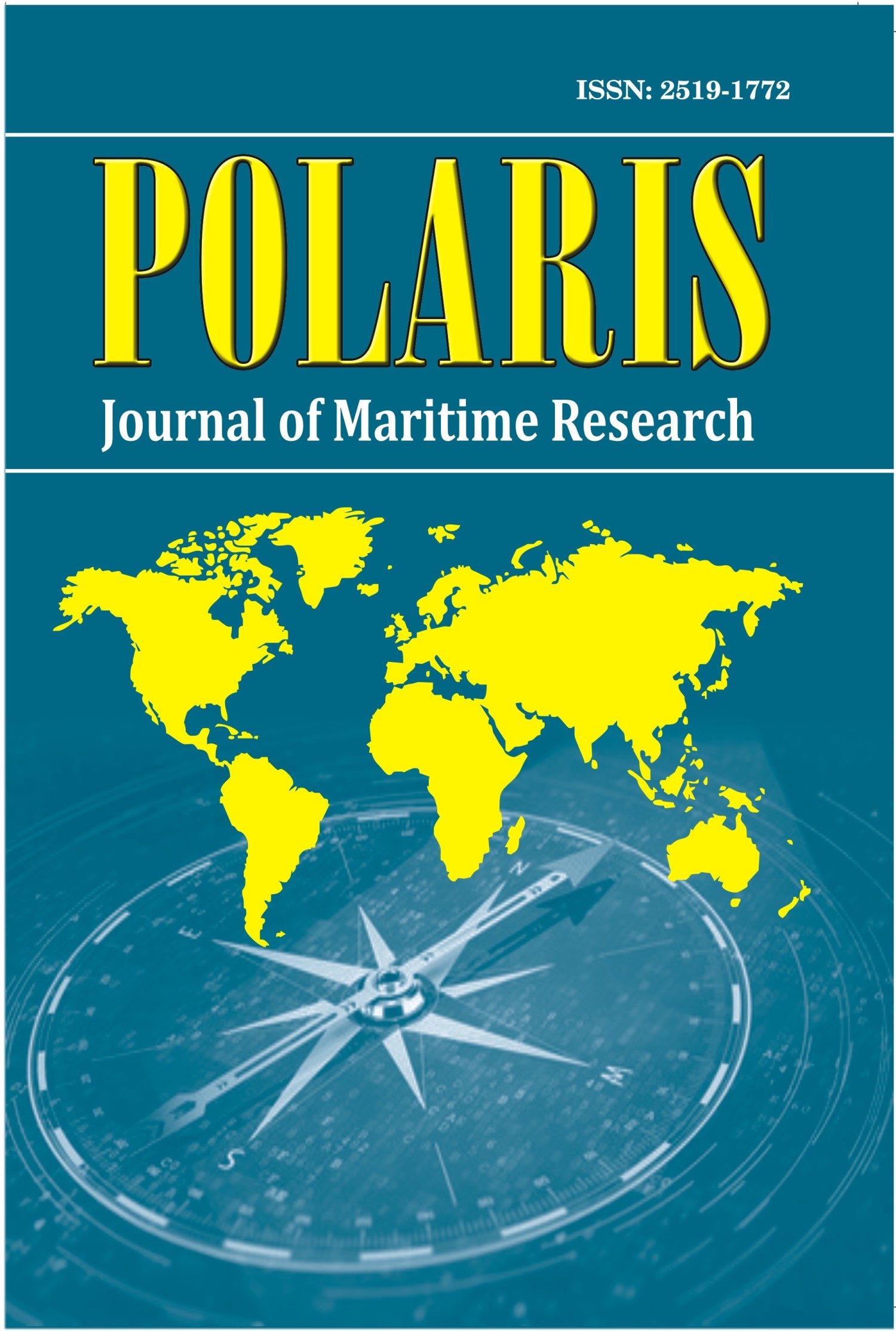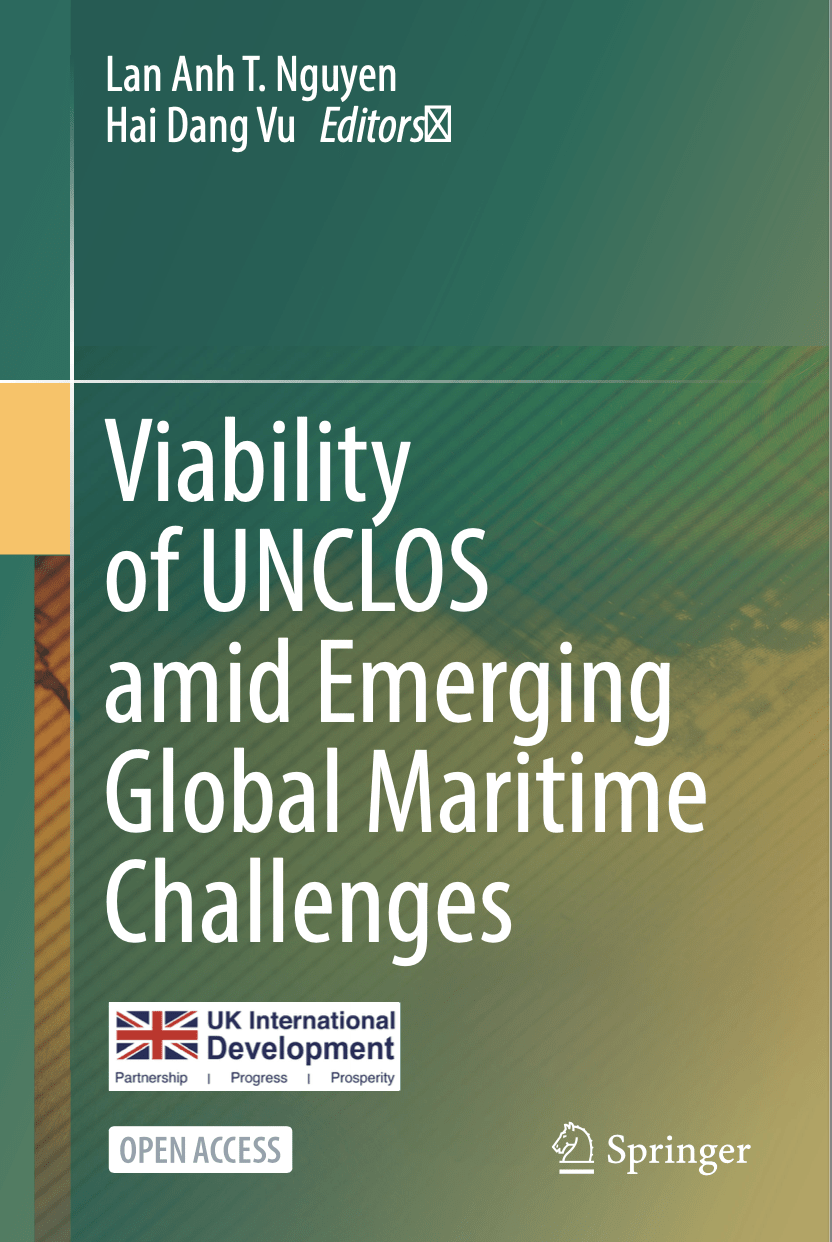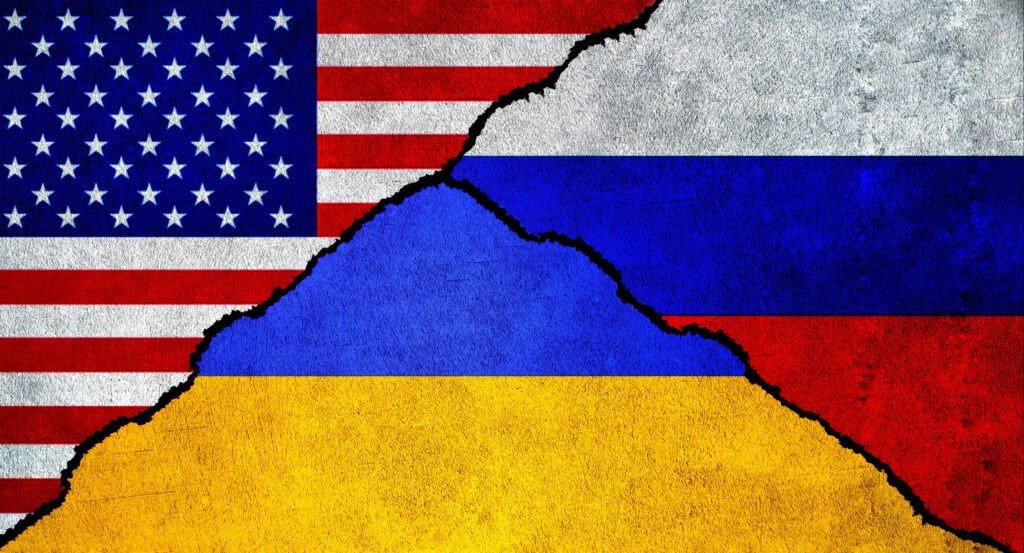In 2015, China released its “Vision and Actions on Jointly Building Belt and Road”, describing a “Silk Road Spirit” characterized by “peace and cooperation, openness and inclusiveness, mutual learning and mutual benefits”. However, with China’s economic growth and increasing global influence, China’s BRI practices have encountered such criticisms as ‘debt trap’. This presentation explores the narrations and perceptions of Indian Ocean littoral states and of western media on China’s BRI and provides a Chinese perspective responding to these perceptions. The China-US geopolitical competition in Indian Ocean will also be discussed in the context of United States’ own initiative, the Blue Dot Network, as the counterweight that will compete with China’s spreading global influence through the BRI.









Diverging Currents: U.S.–China Strategies on Deep Seabed Mining and the Future of Ocean Governance